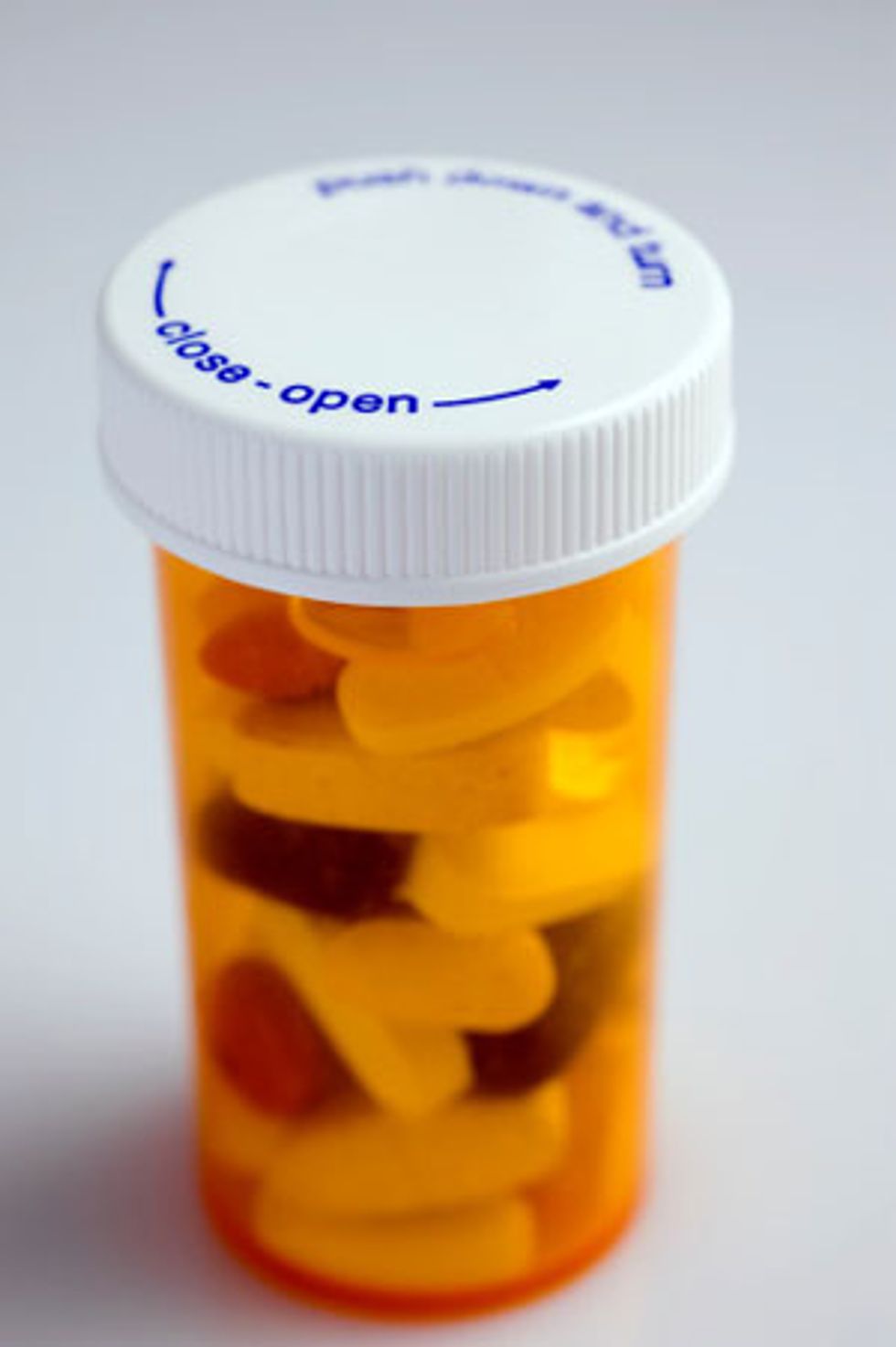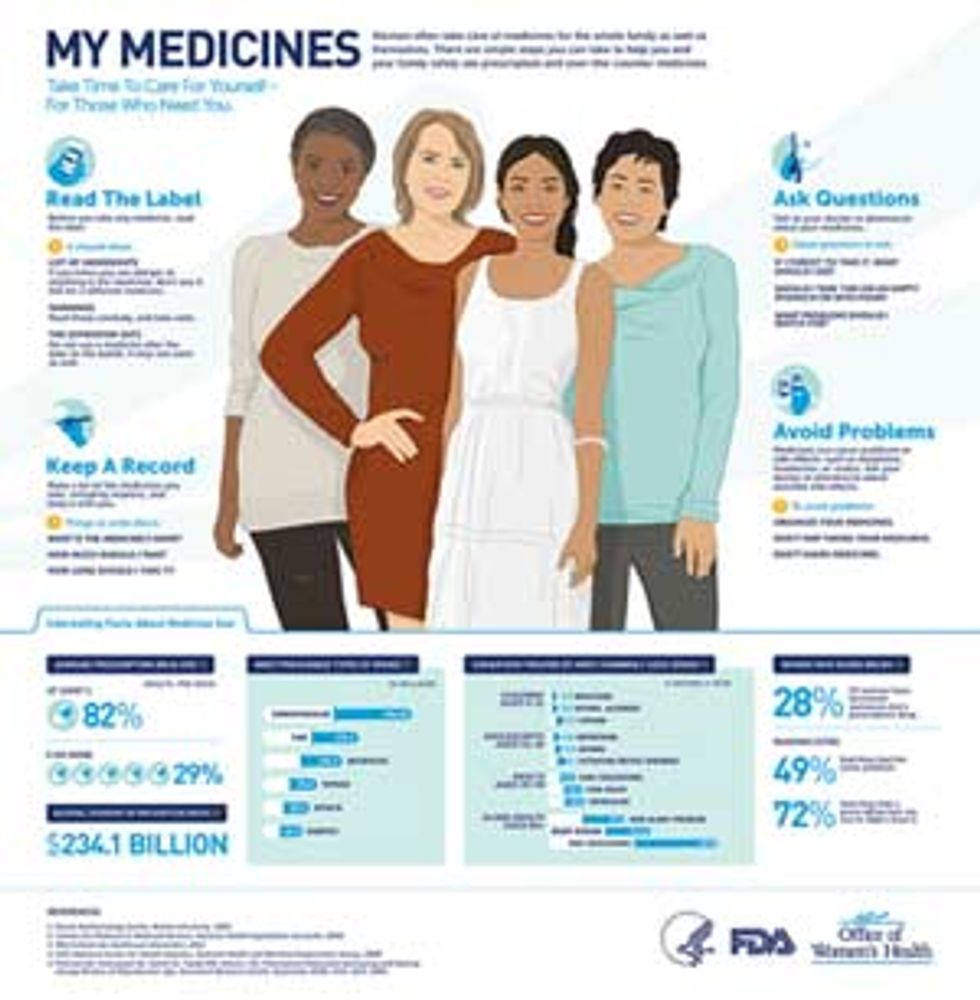
I'm not anti-medicine; sometimes it's necessary, useful and beneficial. But what's frightening to me is how many people abuse prescription medications, take them incorrectly or don't take them at all when they're clearly needed. What happens next is even scarier: serious injuries or even death.
Another problem with medications is the dangers of overprescribing.
Every medication you take comes with side effects. Many times—and this increases along with the number of prescriptions you take—a person complains about a side effect (not realizing it's just that), and gets yet another medication to treat the side effect. And so on.
That's known as a "prescription cascade," and it's just that: a snowball effect. Before you know it, you have a LOT of bottles treating everything from fatigue to nausea, skin irritation and muscle aches—and it's tough to determine if those problems are new illnesses or are caused by medications you're taking.
So many of us have heard those stories—and they often involve older people. Many older people have all sorts of problems and health complaints that no one seems able to figure out. Then, they go into the hospital or a nursing home and bring their cache of medications with them. An astute doctor or nurse realizes that something is clearly up and starts eliminating, one by one, certain medications. Remarkably, the person's health vastly improves, and many of his or her complaints disappear.
Please read these helpful tips from the FDA. They pertain to both prescription and over-the-counter medications.
Click image to enlarge
And speaking of medicines, have you ever wondered what the right way is to dispose of them? Well, wonder no more.
The American Academy of Pediatrics offers these suggestions:
- Never flush any medication down the toilet, unless package instructions specifically say to do so. Trace amounts of birth control pills and painkillers have been found flushed into rivers from sewage treatment plants.
- Ask your local police department if it offers a drug collection program.
- Find out if your community has a household hazardous waste collection program.
- If you must dispose of a medication yourself, dispose of it in a sealed container with coffee grounds, kitty litter or something else that will discourage people from digging through the mixture.
You might also want to read:
Facts to Know About Medication Safety
Understanding and Using Your COPD Medications

